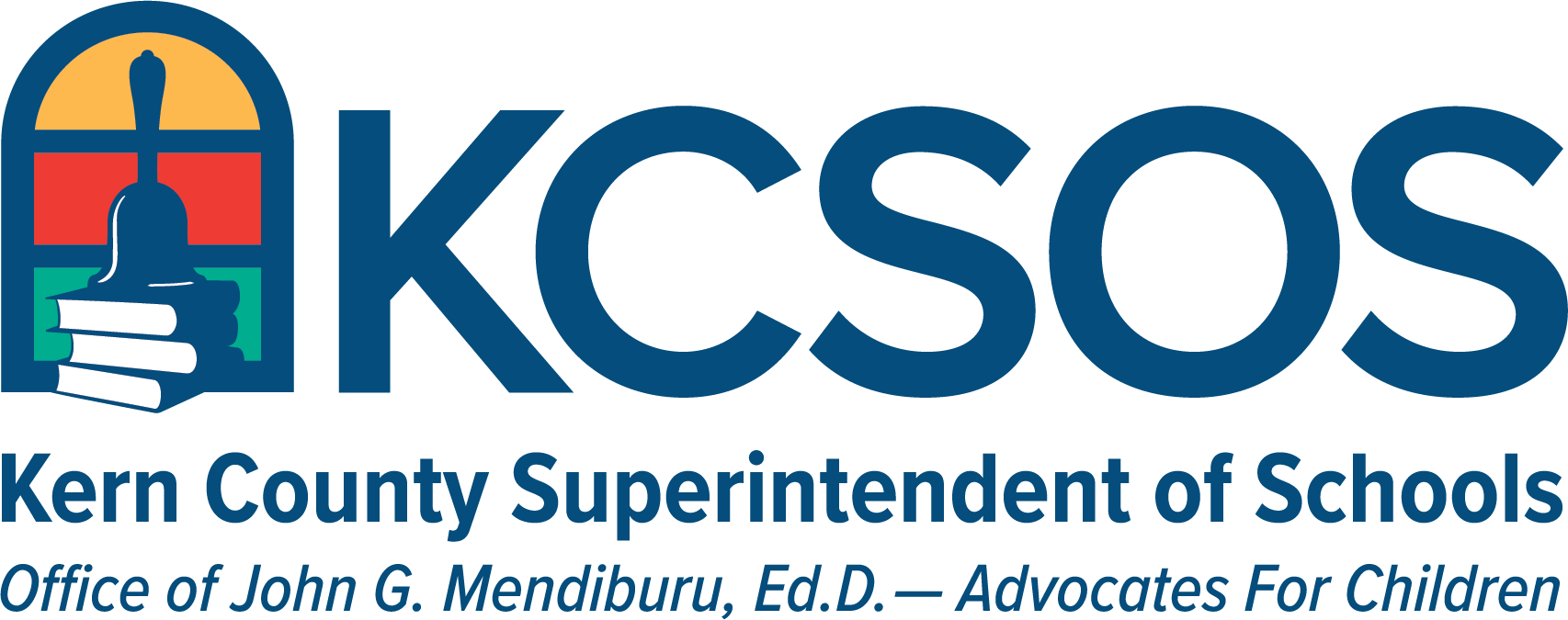Eight Kern County Schools Named Innovative & Impactful Schools
Every school day is a new opportunity for growth, discovery, and connection. But too often, students don’t show up for many reasons ranging from chronic health issues and family circumstances to a school’s disciplinary actions.
In recognition of their efforts to ensure more students are in school all day, every day, KCSOS has announced eight schools have been designated as Innovative & Impactful Schools (I2S) for the 2024 school year. This year’s focus was on celebrating those making strides in reducing chronic absenteeism and suspension rates.
Rigorous assessments through site visits confirmed the strategies’ effectiveness, underscoring their transformative impact on school culture and student achievement.
Norris Middle School, Rio Bravo Greeley Elementary, Vista West High School, and Warren Middle School were recognized for their efforts to reduce suspension rates. At the same time, Di Giorgio Elementary, Thomas Middle School, Frazier Park Elementary, and Taft Union High School were honored for their efforts to reduce chronic absenteeism.
“The program is carefully crafted to highlight schools, which have not only achieved remarkable success, but have demonstrated a sustained commitment to positive student outcomes.”
Heather Richter
KCSOS’s Administrator of Instructional Leadership

Students at Rio Bravo Elementary use behavior reflection sheets.
A PROACTIVE APPROACH
Research has shown that the punitive approach of suspensions, once considered a deterrent for misbehavior, is often counterproductive. Experts say that the practice can exacerbate students’ disconnection from school and widens achievement gaps.
Recognizing these challenges, schools are adopting a more proactive approach to discipline, says Kern County Superintendent of Schools Dr. John Mendiburu.
There’s a growing emphasis on adopting restorative practices as an alternative to traditional disciplinary measures. The approach focuses on repairing harm and rebuilding relationships rather than punishing students for misbehavior.
By encouraging dialogue, empathy, and accountability, these practices address the root causes of disruptive behavior and promote a sense of belonging and responsibility within the school community.
At Rio Bravo Elementary Principal Amy Palmer says that one of the school’s foremost strategies to reduce suspensions has been its successful incorporation of behavior reflection sheets. This tool allows students to pause, reflect, and take ownership of their actions.
By engaging in introspection, students learn from their mistakes and develop crucial self-awareness and empathy. The sheets are not just about correcting behavior but about fostering growth, resilience, and a deeper understanding of oneself and others. An open line of communication with families and intentional Social Emotional Learning (SEL) strategies have also been critical to their success.
“These efforts have not only fostered a positive school culture but have also resulted in improved student outcomes,” Palmer said. “Students and their families now feel more connected to our campus, creating a supportive and inclusive environment for all.”
The school saw just one suspension last year compared to ten the previous year.
Meanwhile, Vista West High School’s Site Administrator, Russ Shuppert, says the school’s Multi-Tiered Systems of Support (MTSS) Tier II team has played a pivotal role in reducing suspensions. The team includes an interventionist, substance abuse specialist, intervention teacher, community specialist, two counselors, and a social worker.
The combined efforts of evaluating students for placement in Tier II groups, immediate intervention for classroom behavior issues, and the combined team atmosphere of the MTSS personnel have all contributed to a reduction in student suspensions, Shuppert said.
Norris Middle School stood out for its Positive Behavioral and Interventions and Support (PBIS) programs. Principal Amy Sawaske says they have added a behavioral aide who works hand-in-glove with students on impulsivity and classroom disruptions. Programs like “Donuts with Grown-Ups” and “Picnic with Parents” have also enhanced the school’s culture.
“This is an exciting recognition for our staff,” Sawaske said. “I am so proud of the Norris Middle School staff for their hard work helping build such a positive culture for our students.”

Vista West High School utilizes a
positive behavior program wherein
students are given vouchers for
doing good deeds that can be
redeemed for incentives.
Warren Jr. High School’s IMPACT program provides an alternative to suspension, focusing on accountability, restoration, communication, and goal setting.


IMPACT Teacher Ms. Clarke talks with a group of students.
ADDRESSING CHRONIC ABSENTEEISM
As a result of the pandemic, school attendance reached crisis levels across the country and here at home.
“This isn’t simply a matter of kids skipping school. It’s an issue of equity,” said Hedy Chang, founder and executive director of Attendance Works, a national school attendance advocacy organization.
Students living in poverty, students of color, and those with disabilities are much more likely to be chronically absent from school, research shows.
“They face more attendance barriers and often lack the resources to make up lost time in the classroom,” Chang added.
The good news is chronic absenteeism is solvable, and data shows the problem is trending in the right direction due to a concerted effort by educators and parents.
Pre-pandemic, Kern County’s chronic absence rate—defined as students who miss 10 percent or more of school days throughout the year—hovered around 11 percent. In 2021/22, the first full school year that schools were open post-pandemic, the countywide rate soared to 35 percent. According to the Kern Integrated Data System (KiDS), Kern County’s chronic absence rate is around 20 percent for the current school year.
In rural Lost Hills in western Kern, AM Thomas Middle School is a standout. Last year, the school boasted a 5.8 percent chronic absence rate, far below the county average.
The secret to success seems to be a combination of factors, with data analysis at the forefront. By using applications like KiDS, EveryDay Labs, and Attention 2 Attendance, schools can track attendance better than ever before.
Armed with data, the four schools being honored with the I2S designation for their efforts in combating absenteeism, have been able to identify the root causes of why students are not present. From there, each has used a mix of incentive programs, timely communication with parents when problems arise, home visits, and interventions like transportation support, to move the needle.
“The simple fact is when students are not in their seats, they are not learning,” County Superintendent Mendiburu said. “There is still work to be done, but it’s great to see progress being made.”

Transportation support has been used effectively to combat chronic absenteeism in the Lost Hills School District.
By Robert Meszaros
Rob Meszaros is Director of Communications for the Kern County Superintendent of Schools, where he has served since 2012. In his role, Meszaros oversees media relations, internal and external communication strategies, publications, Marcom, branding, and multi-media content creation. Before joining KCSOS, Meszaros was the PIO for CSU Bakersfield and earlier worked for seven years at The Bakersfield Californian.
